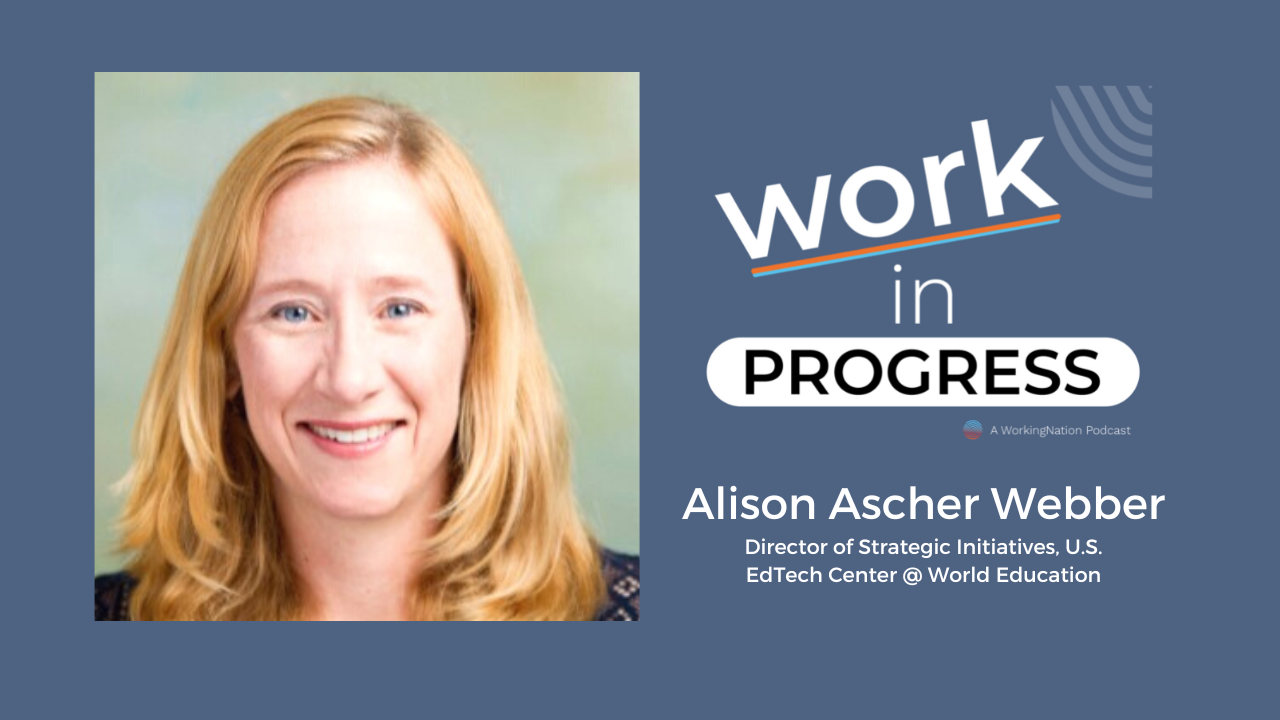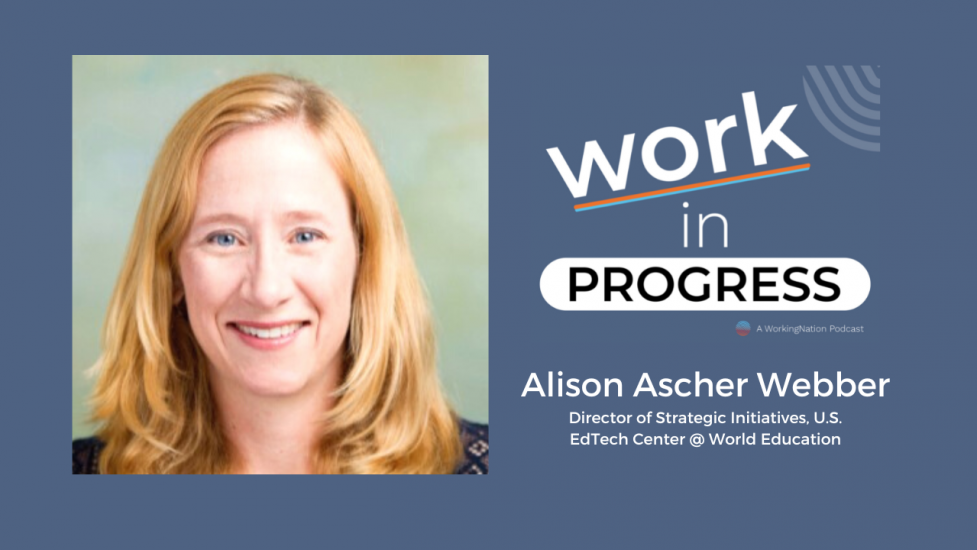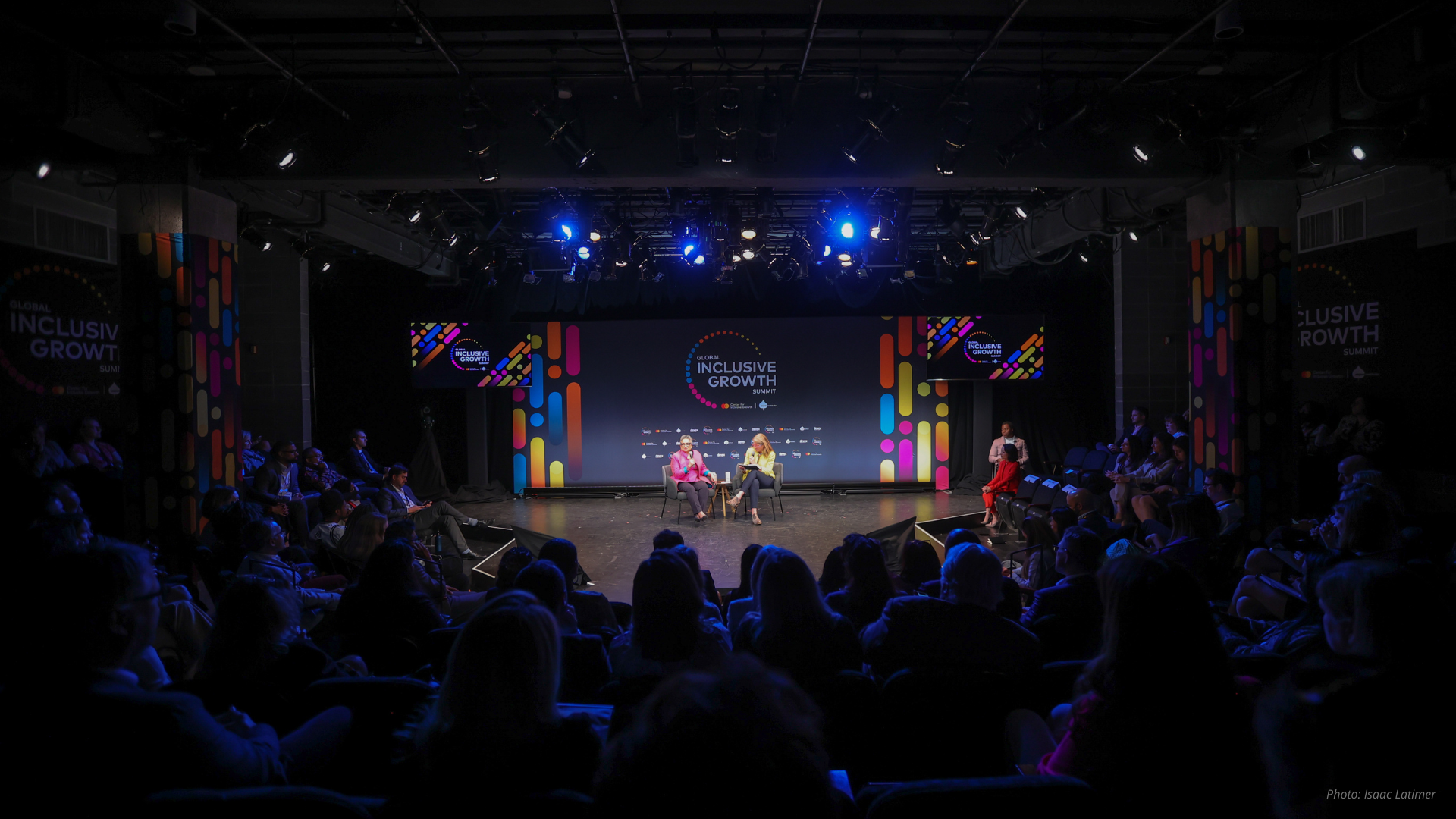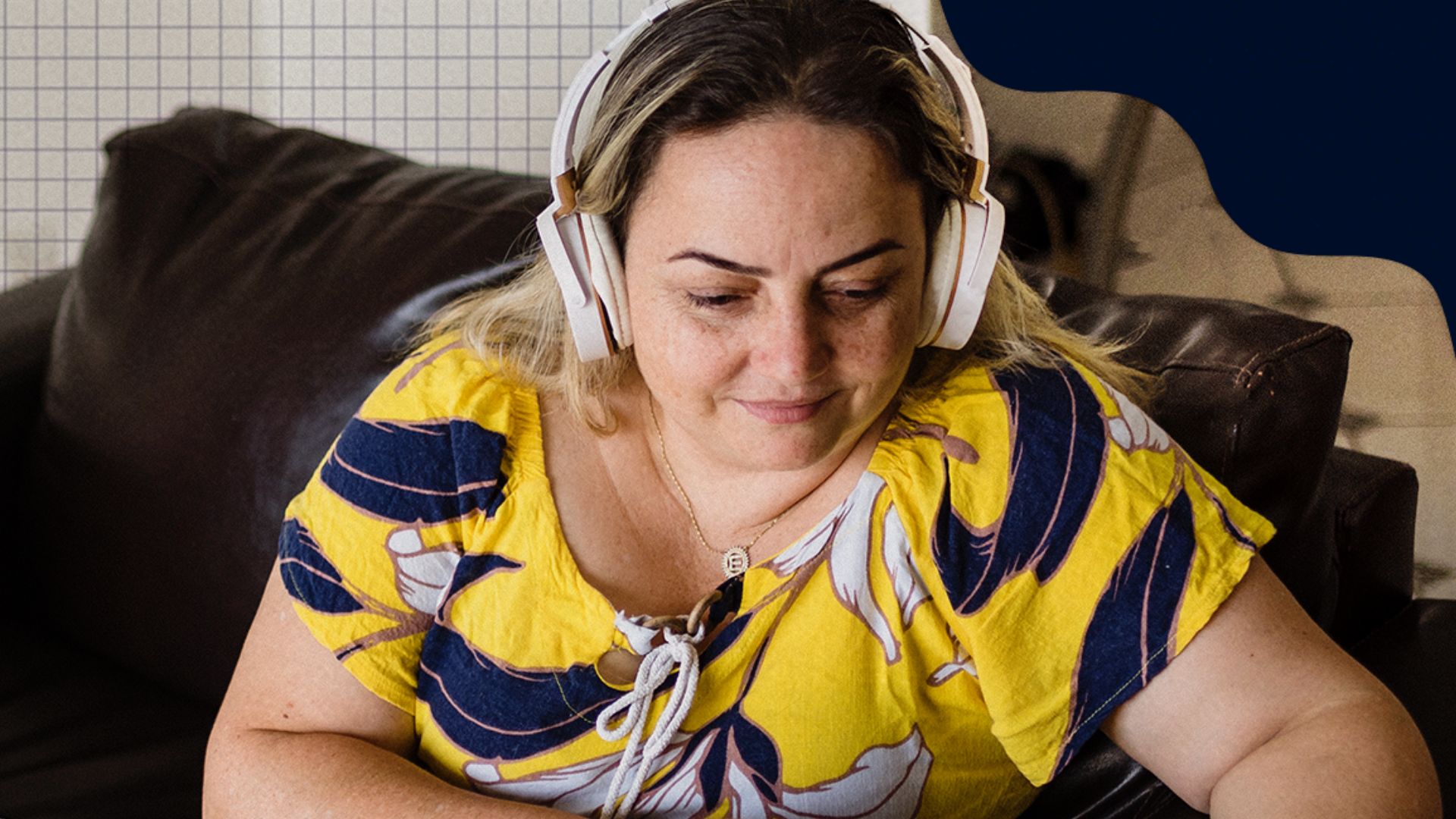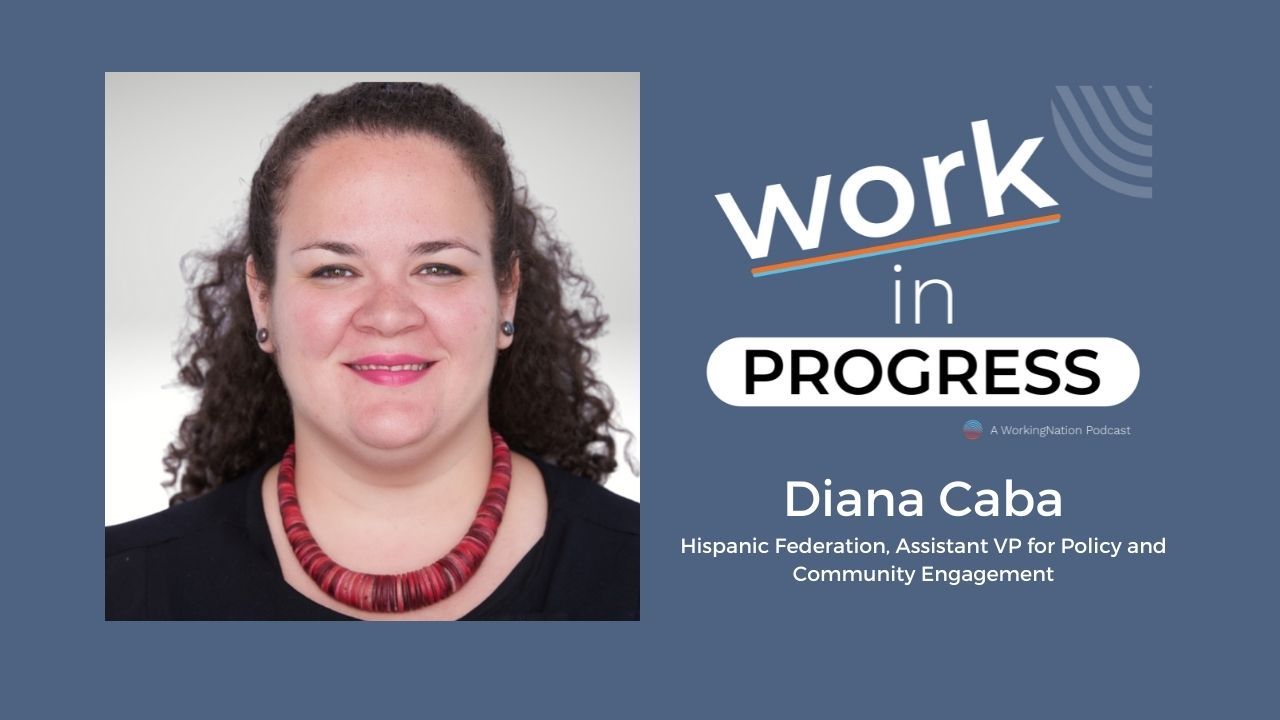Podcast: Play in new window | Download | Embed
Subscribe: Apple Podcasts | Google Podcasts | Spotify | Pandora | Youtube Music | RSS
In this episode of Work in Progress, Alison Ascher Webber, director of strategic initiatives, U.S., with EdTech Center @ World Education, joins me to discuss adult digital literacy.
Digital literacy is an essential skill for today’s workforce, yet 30 millions of adults are still struggling to learn basic technology and one in five Americans still don’t have internet access. The digital divide remains a serious barrier to work and education opportunities.
Webber was one of the lead researchers on a new report from the Digital Resilience in the American Workforce (DRAW), a joint initiative from World Education, Jobs for the Future (JFF), and Safal Partners, with support from the Office of Career, Technical, and Adult Education (OCTAE).
The report examines the digital landscape to better understand the extent of the divide and what’s causing it. The next steps include devising strategies and providing the resources educators need to close that divide.
“Formal instruction is critical and very important,” says Webber. “At the same time, if you’re talking about closing some of these shocking divides in who has access to the internet devices and digital skills development opportunities, we need to get a lot more human-centered in our program, design, and delivery. And our funding streams need to figure out how to pay for that.”
One way to create a more human-centered approach, according to the findings, is to establish digital navigation supports “in locations and services that people are already trusting and using. For example, when someone goes to a health clinic, when someone goes to an adult education program, when someone goes to their children’s school, those are all touch points that need to be leveraged to support individuals,” explains Webber.
She adds, “No one should come to an adult education program or a workforce program and…not have had their digital inclusions needs met at the very first intake point. We need to figure out, ‘Do you have internet? Do you have access to device? Do you need help with your foundational digital skills?'”
She adds that establishing a personal connection and trust with learners who are still developing foundational digital literacy is key to closing the divide. Educators should tap into what adult learners already know. “The move should be away from a deficit-based model of instruction to a strengths-based one that recognizes what a learner can already do with technology and build from there.”
“Digital literacy is a critical literacy that you need now to operate in this world, to get the information you need, to access opportunities. And if we don’t address that first, we’re doing a disservice to individuals in our communities.”
Our conversation just scratched the surface of the report, which you can read for yourself here.
You can listen to the full podcast here, or download it wherever you get your podcasts.
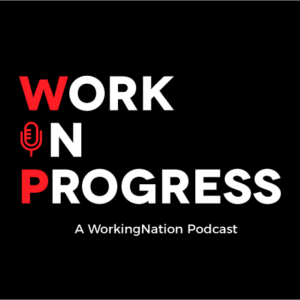
Episode 242: Alison Ascher Webber, EdTech Center @ World Education, director of strategic initiatives, U.S.
Host & Executive Producer: Ramona Schindelheim, Editor-in-Chief, WorkingNation
Producer: Larry Buhl
Executive Producers: Joan Lynch and Melissa Panzer
Theme Music: Composed by Lee Rosevere and licensed under CC by 4.0
Download the transcript for this podcast here.
You can check out all the other podcasts at this link: Work in Progress podcasts

